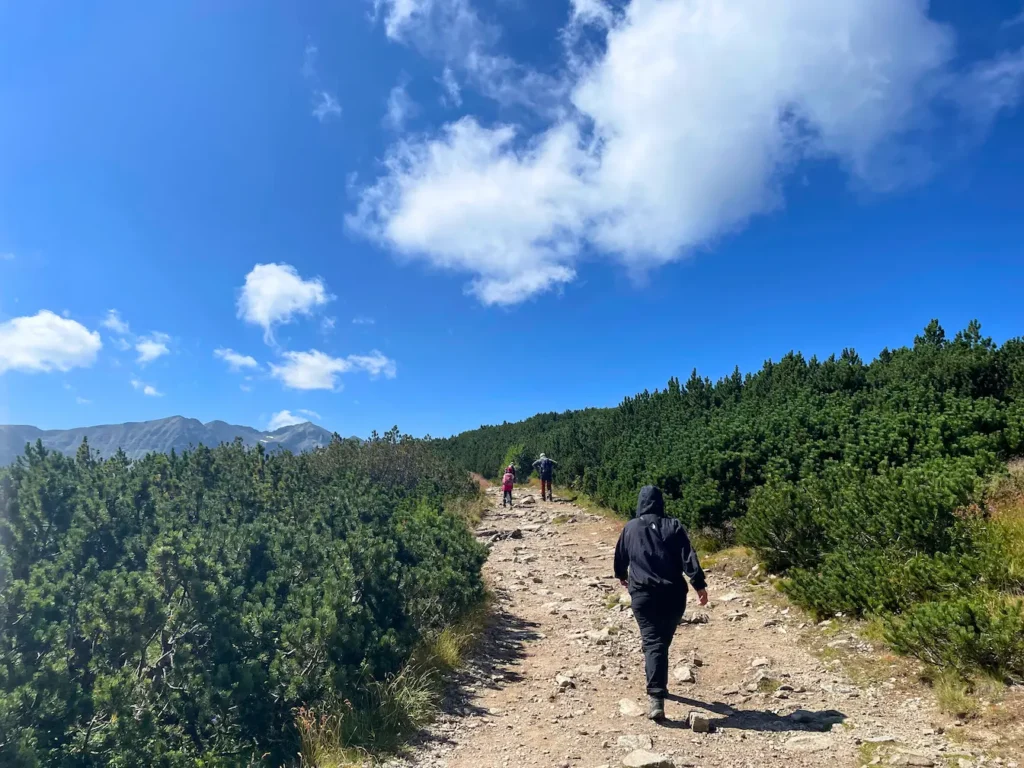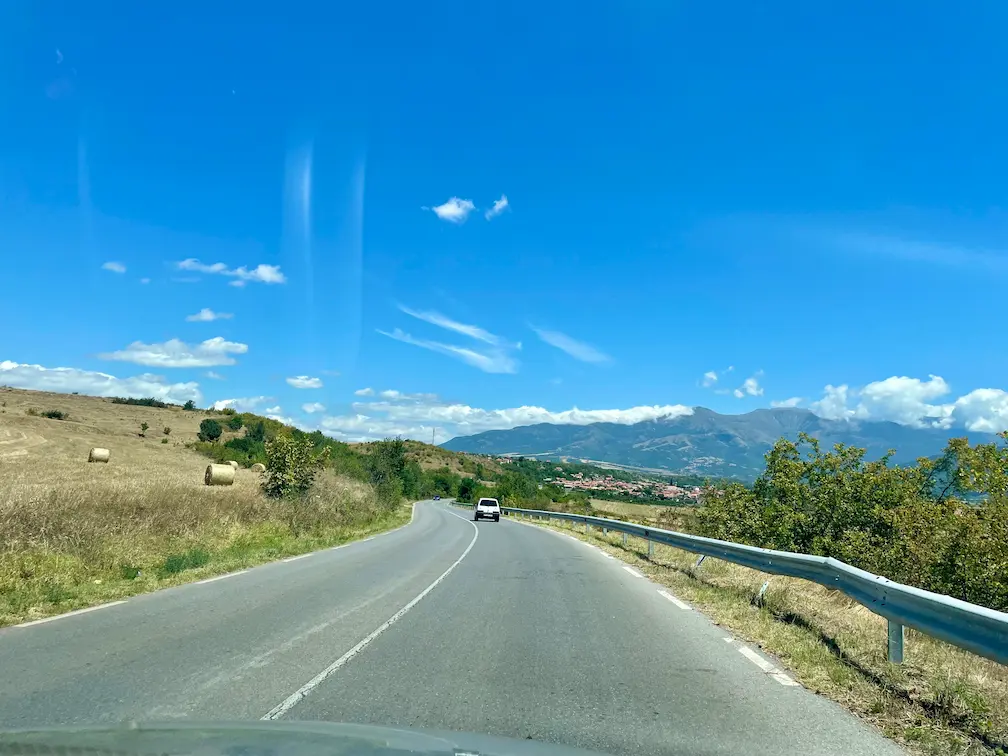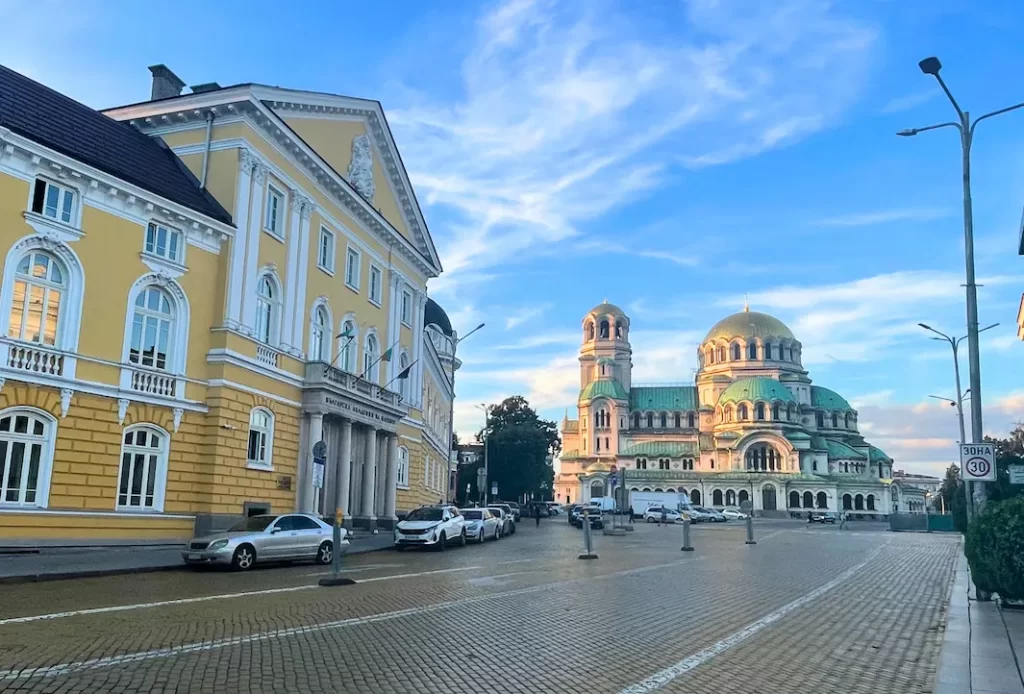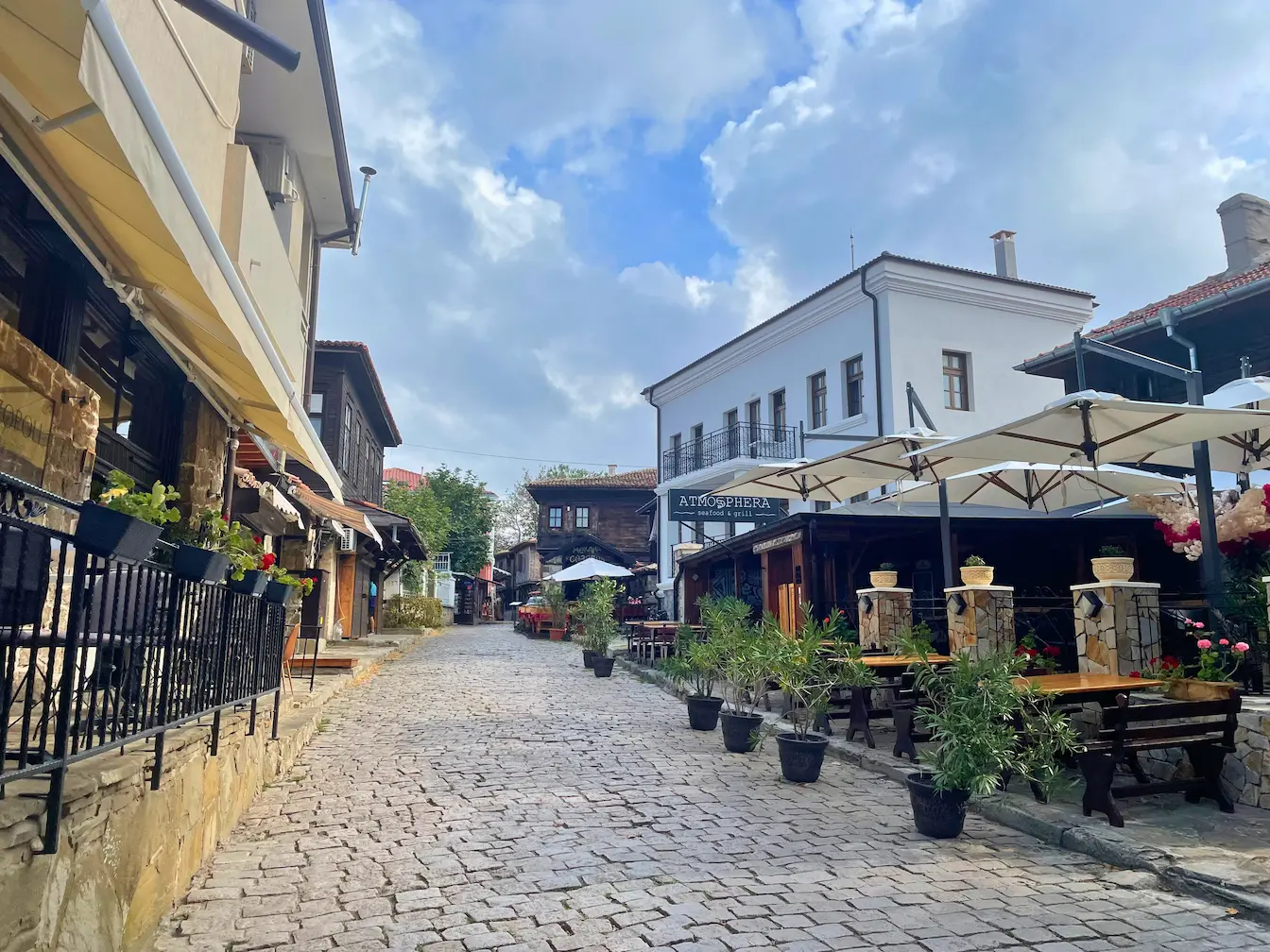If you’re planning a trip to Bulgaria, one of the first questions that might pop into your head is: Is Bulgaria safe? And trust me — I get it. As a traveler, especially if it’s your first time venturing into Eastern Europe, safety is always a valid concern.
The good news? Yes, Bulgaria is generally very safe to visit — whether you’re coming solo, with kids, or as part of a larger group.
In this guide, I’ll cover all the main aspects of safety in Bulgaria, including crime rates, solo female travel, family travel, road safety, taxis, hiking, and more — based on real experience and reliable data.
What You'll Find In This Post:
Is Bulgaria safe for tourists?
In short: Yes, Bulgaria is safe for tourists. The vast majority of visits are trouble-free. Bulgaria ranks as a low-crime country, especially when it comes to violent crimes.
Statistically, Bulgaria has one of the lower crime rates in Europe, especially compared to Western countries. Most crimes reported are non-violent and opportunistic — like pickpocketing in busy tourist spots or scams in taxis (we’ll get to that later).
That said, like in any country, you should still use basic common sense. Don’t leave your bag unattended. Don’t flash expensive items. Avoid poorly lit areas at night, especially if you’re alone. And don’t leave valuables in your hotel room unless they are in a locked safe.
👉 Check out our article:
Important Things You Need To Know Before Your Beach Holiday in Bulgaria

Is Bulgaria safe for solo female travelers?
Generally, yes — Bulgaria is safe for solo female travelers, and many women (locals and tourists alike) walk around on their own at all hours. However, some caution is recommended, especially in certain areas.
If you’re staying in Sofia, just be a bit more mindful in less central districts like Lyulin, Orlandovtsi, Fakulteta, or Nadezhda. These areas aren’t typical tourist spots, so you’re unlikely to end up there unless you’re visiting someone or your accommodation is far from the center.
When booking a place to stay, always double-check the location on a map—don’t rely only on the photos. If something seems unusually cheap compared to other options, be extra cautious and read the reviews carefully. It could be due to the location, cleanliness, or safety.
That said, this is really just common sense and applies to any big city in Europe. You probably wouldn’t stay in a remote, sketchy part of Paris or London—so don’t do it in Sofia either.
In resort towns and coastal areas, solo travel is even easier. Places like Plovdiv, Veliko Tarnovo, Burgas and the seaside towns are very relaxed and safe.
💡 Tips for solo female travelers:
- Avoid isolated parks or beaches at night
- Use apps like TaxiMe/ Yellow taxi instead of hailing taxis off the street
- Dress how you like — Bulgaria is not particularly conservative
- If you ever feel uncomfortable, head into a bar, hotel, or shop — people are generally very helpful

Is Bulgaria safe for families?
Absolutely. Bulgaria is very family-friendly, and many locals travel with their kids to the seaside, mountains, or cultural cities.
You’ll find:
- Child-friendly resorts with shallow beaches (like Albena, Sozopol, or Lozenets)
- Many restaurants offer high chairs, kids’ menus, and play areas
- Parks and playgrounds are literally everywhere — even in smaller towns
- Museums and attractions often offer discounts or free entry for children
⚠️ Note: Many sidewalks in cities and small towns are not stroller-friendly, with cracked pavement or lots of stairs, so a sturdy travel stroller is recommended.
Furthermore, before crossing at a zebra crossing, always make sure the driver is stopping — while they’re well respected in cities like Burgas, drivers in Sofia can be more aggressive and might not stop.

Is driving in Bulgaria safe?
Driving in Bulgaria can feel a bit chaotic, especially if you’re used to more structured and well-maintained road systems.
Unfortunately, Bulgaria still ranks among the EU countries with the highest road fatality rates. While the numbers have been improving, it’s something to keep in mind.
Common Issues on Bulgarian Roads
- Aggressive drivers — especially on highways and particularly in the summer. This is, hands down, the main stress factor when driving here. It’s not uncommon for someone behind you on the motorway to flash their headlights, pressuring you to move over. Risky overtaking on curves is also something you might witness more than once.
- Poor road maintenance — mostly in rural areas, but even some major roads aren’t in great condition.
- Lack of signage or confusing traffic rules — signage is usually fine in big cities, but can be missing or unclear in small towns and countryside areas.
- Potholes — these are no joke! They pose a serious risk to your tires and your safety, especially if you’re driving fast. This becomes even more dangerous in rainy weather when puddles can hide how deep the holes are.
Despite these issues, renting a car is still a great way to explore the country — especially if you want to visit remote monasteries, mountain villages, or hidden beaches that aren’t easily accessible by public transport.
Just make sure to rent a car with full insurance to avoid unnecessary stress and expenses and always drive carefully.
💡 Tips for Safe Driving in Bulgaria
- Avoid driving at night — most roads aren’t well-lit, and visibility can be poor. Thick fog is also quite common after dark, making conditions even more challenging.
- Stick to main roads — some GPS apps will suggest shortcuts or alternative routes, but unless you know the road, it’s usually better to stay on the main one. On the few occasions I’ve followed an unknown shortcut, it ended up taking more time and meant driving painfully slow due to awful road conditions. The GPS didn’t account for that.
- Always wear your seatbelt — both in the front and back seats. Child car seats are mandatory.
- Never drink and drive — Bulgaria’s blood alcohol limit is just 0.05%, so even a small drink can get you into trouble.

Is public transport in Bulgaria safe?
Yep — public transport in Bulgaria is generally safe, easy to use, and really affordable. You can get around by bus, tram, metro (only in Sofia), or train without much to worry about.
Here’s what to keep in mind:
- Watch your stuff in crowded buses and trams — just like you would in any other big city.
- Don’t forget to validate your ticket when you get on. Ticket inspectors are around, and fines aren’t fun.
Traveling between cities?
Buses are usually your best bet. They’re comfy, reliable, and on time. One of the biggest and most popular companies is Union Ivkoni — they have a solid website in English where you can book tickets easily.
What about trains?
Trains can be hit or miss. Some are a bit old and not super polished, but they’ll get you where you need to go. If you want a smoother ride, go for first class. You can book online through BDZ (Bulgarian State Railways) here.
Getting around Sofia?
The Sofia metro is great — modern, clean, and safe. Definitely one of the easiest ways to explore the city without getting stuck in traffic.
Are taxis in Bulgaria safe?
Taxis are safe, but choose carefully.
There are legit taxi companies and then there are scam taxis, especially near airports and train stations.
How to avoid scams:
- Use apps like TaxiMe or Yellow Taxi
- Avoid unmarked taxis or those without clear pricing
- Never accept rides from people offering “cheap taxi” services at the airport
Expect to pay 0.80 – 1.10 BGN per km. A cross-city ride in Sofia should rarely exceed 15 BGN (~7.50 EUR).

Is hiking in Bulgaria safe?
Yes, hiking is very popular and generally safe in Bulgaria. You’ll find well-marked trails in Rila, Pirin and Rhodope Mountains.
Hiking safety tips:
- Weather can change fast — pack layers
- Avoid approaching stray dogs
- Always carry water, snacks, and a charged phone
- Let someone know your hiking route
👉 Check out our articles:
Hiking in Bulgaria? Useful Information you need to know!
7 Amazing One Day Hikes In Bulgaria (With Map)
General safety tips for Bulgaria
- Emergency number: 112
- Tap water is safe to drink in most places
- Medical services are decent and affordable
- Travel insurance is still recommended
Final thoughts: Is Bulgaria Safe?
Yes, Bulgaria is a safe and welcoming country. Most trips are hassle-free, and if you use common sense, you’ll feel completely comfortable during your stay.
Whether you’re hiking the mountains, enjoying seaside towns, or exploring historic cities, Bulgaria is one of Europe’s underrated gems for travelers who value authenticity, culture, and affordability.
Recent Posts
The Ultimate 5-Day Lapland Itinerary: Your Complete Arctic Adventure Guide
Ultimate 5-day Lapland itinerary: husky rides, frozen waterfalls, Northern Lights & Finnish sauna. Complete guide with accommodation tips.
Do You Need a Car in Lapland? Complete Rental Guide for Winter Travel
Wondering if you need a rental car in Lapland? Short answer: yes, if you want freedom beyond organized tours. Discover what it costs, how to choose the right vehicle, and essential winter driving...
